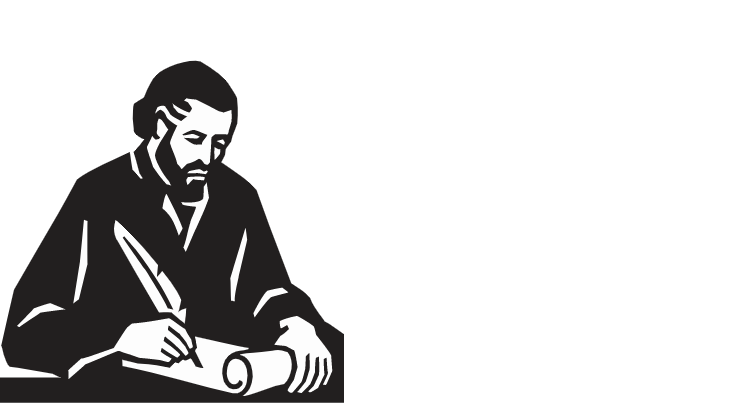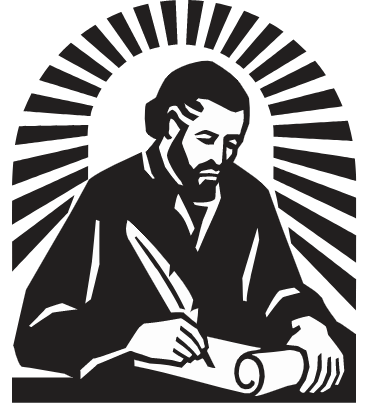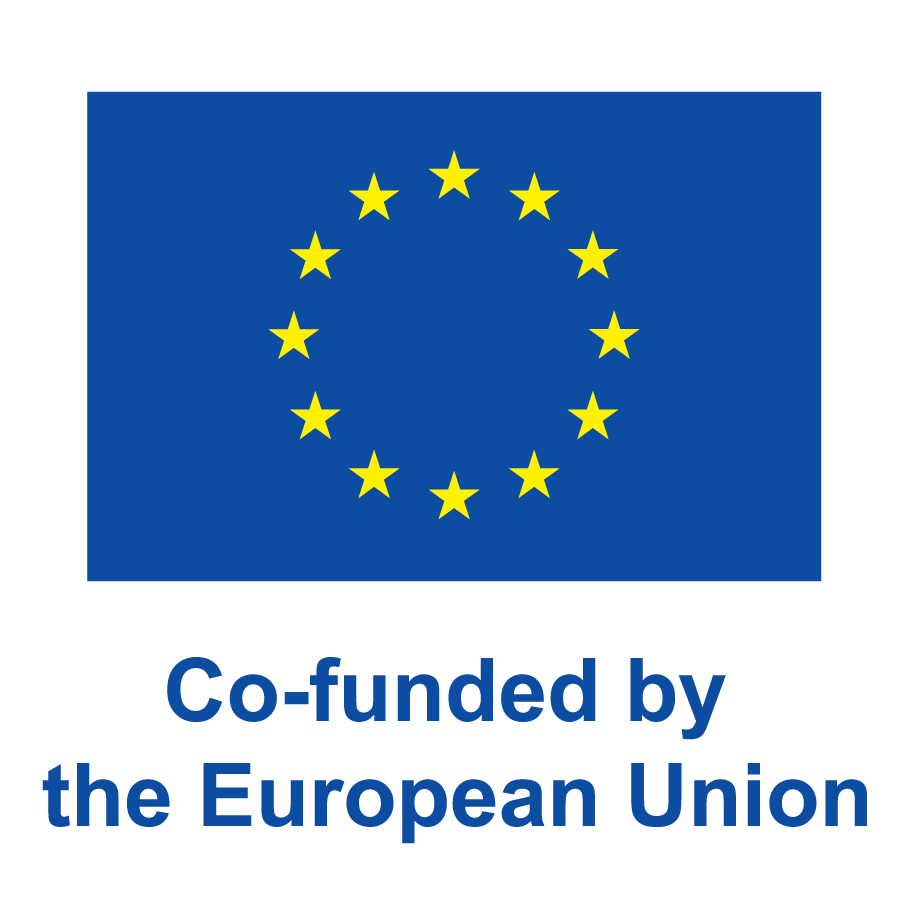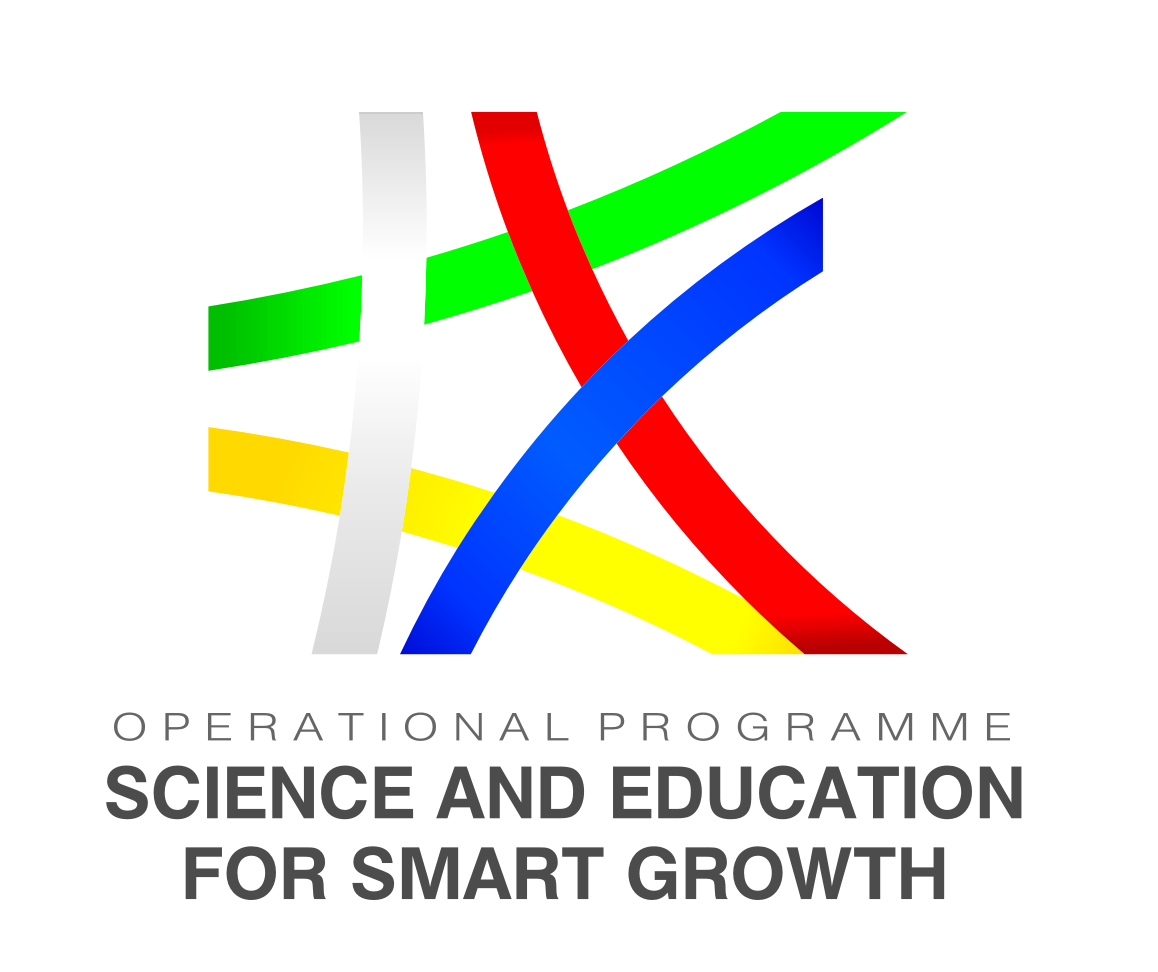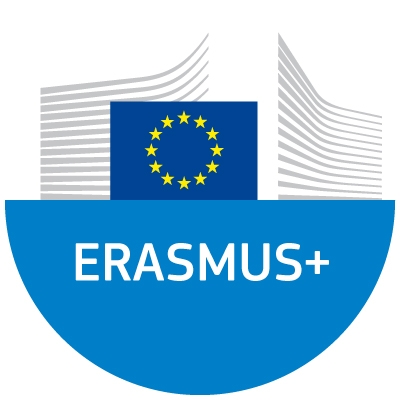Sociology & Humanitarian studies
Professional field: Sociology, anthropology & cultural studies
Educational qualification: bachelor
Professional qualification: sociologist
After graduating module in pedagogics: teacher in sociology, philosophy, logics, ethics and psychology
Period of study: 8 semesters (4 years)
Forms of study: regular
Evaluation scoring: see annex #1
The specialty “Sociology & humanitarian studies” is a university specialty, which received maximum evaluation mark during its accreditation procedures. It was formed in order to provide specialists capable of dealing with problem typical for the contemporary human state and solve issues of pragmatical character. Since the 90`of the previous century we are all living in societies full of countless risks such as: economical models threatening the environment; politics incapable of helping the economies dealing with their problems; poverty which endangers not just those below the poverty line, but also the so cold “socially redundant”; biotechnologies which encourage but also frighten us; terrorism and many others. As our societies transform into new unknown so far the need for new type of sociology is also expanding – that is why one of the modules is called “Biopolitics and uncertainty”.
In this new type of society, humans are facing problems which occurred after the deep crisis of the “social state system”: new types of social problematics and forms of personal insecurity, labor conflicts caused by issues unknown to the capitalism from XX century; daily psychopathology demonstrated by the “socially redundant”, new forms of resistance against capitalism (ecological, alter-globalist and others), change in the clinical practices by which psychiatry and psychoanalysis are replaces by socioanalisys, which means that the updating of sociology also requires updating the humanitarian sciences – that is why the other module of the educational program is called “Socio-analysis and psychoanalysis”.
The bachelor program “Sociology and humanitarian sciences” has the best lecturers in this field from the department of critical sociology and the Institute for critical sociological research at the Plovdiv University, as well as lecturers from Sofia and Western Europe collaborating with our university. Along with the above mentioned advantages we concentrate our efforts on the teaching our students how to think – theoretically and empirical – over the forthcoming future and its challenges.
All of the efforts shall be properly rewarded – after graduating the program, the graduates become worldwide convertible experts, able to react flexibly on the challenges of the new world. This means that they could find their professional realization everywhere on the flexibly changing market of the sociology:
- as experts, consulting politicians and businessman in cases of risk situations – such as ecological imbalances and terrorist actions;
- as scientific researchers and media analysts of such risks;
- as mediators by dealing with new forms of labor conflicts (such as privatization of institutions like schools, hospitals and prisons);
- as consultants by applying new forms of civil resistance;
- as therapists socio-analysts working with recently unknown clinical practices such as consultants by the so called “assisted death”;
- as social workers, working with “children at risk” and the problematics of the “socialization in the old age”;
And before all: the graduates would gain new sociological knowledge but also skills for controlling the changes of this market – offering new, needed but not yet institutionalized sociological professions, much needed on the market.
